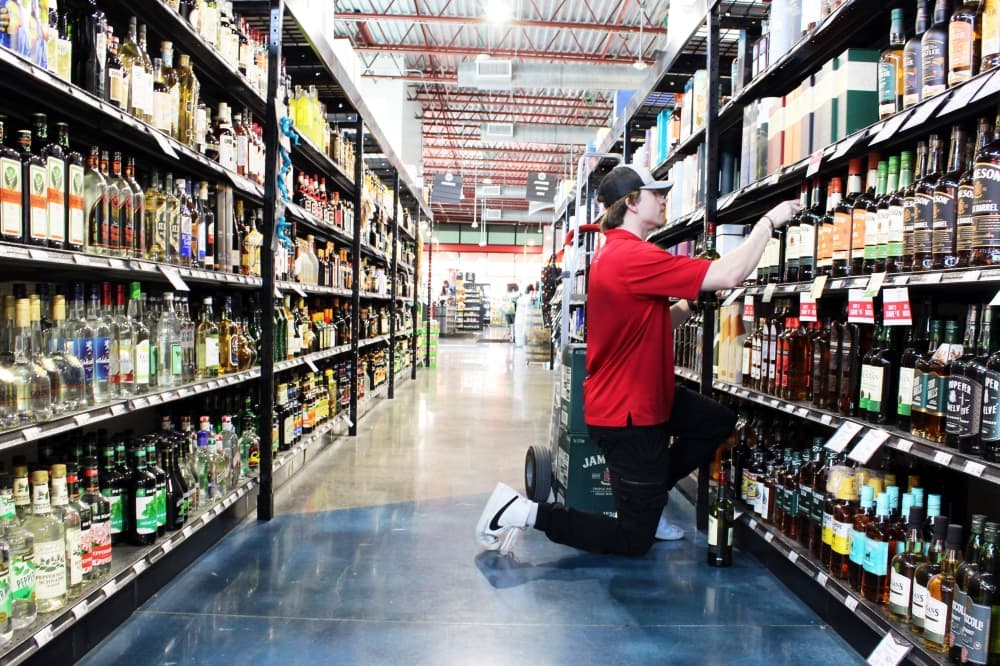Liquor Store Sales Boost McKinney Revenue, Aid City Services
Since McKinney voters approved package liquor stores in November 2022, the city has issued at least 25 liquor licenses and collected more than $817,000 in local sales tax revenue as of November 21, 2025. City leaders say that additional revenue helps diversify funding beyond property taxes and supports general operations, community development and economic development programs, a shift with direct effects on local budgets and businesses.

McKinney's decision to allow package liquor stores has translated into measurable revenue gains for the city. Voters approved the change in November 2022, and by November 21, 2025 the city had issued at least 25 liquor licenses and recorded more than $817,000 in local sales tax receipts tied to those sales. City officials report the receipts are being used to support general operations and targeted community and economic development efforts.
The new sales tax stream arrived as part of a broader municipal finance conversation about diversifying revenue sources. City leaders emphasize that expanding sales tax receipts reduces reliance on property taxes for funding day to day services and planned initiatives. The administration has mapped the new revenue across city funds, directing proceeds to the general fund, community development activities and existing economic development programs to underwrite operations and strategic projects.
The policy change has also featured input from local business owners and chamber leaders. Those perspectives were included in public discussions about licensing and revenue allocation as the city monitored the fiscal impacts. The presence of new package liquor stores has altered the local retail mix, creating incremental retail activity and new points of sale that captured consumer spending that previously may have flowed outside city limits or to different retail categories.
From a budgetary perspective the $817,000 figure is meaningful for a mid sized city budget line. Sales tax revenue tends to be more volatile than property tax revenue because it ties directly to consumer spending patterns. City leaders say their intent in deploying the receipts across multiple funds is to make immediate improvements while maintaining flexibility should sales tax inflows fluctuate with economic cycles.
For Collin County residents the change matters in practical ways. Diversified revenue supports public services that residents rely on, from maintenance and public safety to economic development initiatives designed to attract employers and revitalize commercial corridors. New retail options also affect shopping convenience and local employment, although they can shift competitive dynamics among existing retailers.
Looking ahead, the McKinney experience highlights a broader trend in fast growing North Texas cities using targeted policy shifts to convert private sector activity into municipal revenue. The next steps for local officials will be monitoring sales tax trends, tracking how allocations to community and economic programs translate into outcomes, and balancing short term revenue gains with long term fiscal stability.

